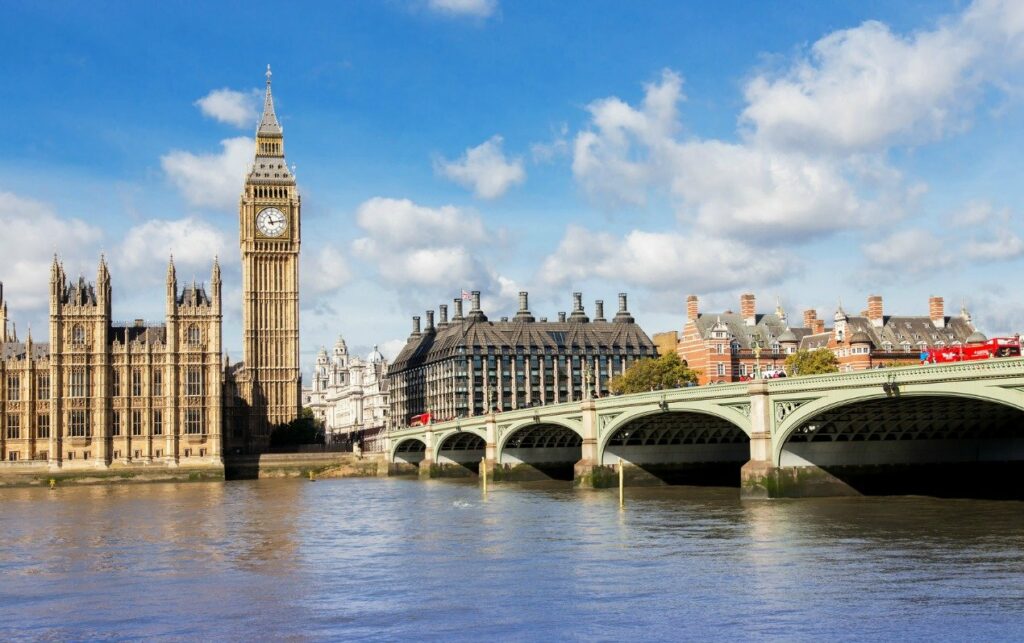When Wednesday Wakeup went on vacation two weeks ago, Europe was in the grips of a “we have you now” heat wave meant to surge north and melt Greenland or perhaps the whole Arctic, the Medieval Warm Period was out for the count, skeptics were in flight or even had stakes through their hearts, and decisive proof of disastrous man-made climate change was at hand. Oddly, when we came back, everything was back to abnormal, given that runaway heat waves and drought were proclaimed the “new normal”. The current high in Paris is 22˚C even though the average for this time of year, is 25˚C. In Britain, July 2019 was an uninteresting 45th-warmest since 1660, tying with… 1847. And if you combine June and July, it tumbles to 82nd-warmest. But the cancellation of the Apocalypse isn’t being reported although it does sort of matter.
If you’re curious, the hottest June-July combos of the past 359 years in the UK were 1976, 2006 and 1826. And Roy Spencer argues that if you make an honest effort to correct serious shortcomings in the way temperature is measured (the Urban Heat Island effect, inconsistency in measurement of ocean temperatures over the decades and the simple lack of coverage of vast areas) this July was far from being the hyped “hottest month that humans have ever recorded”.
Specifically, Spencer recommends relying for temperature calculations on an array of sources of information used to generate “good weather forecasts” including by interpolating where we don’t have data. (And before you laugh, he says short-term weather forecasts are actually pretty good when done right.) Using this approach, July 2019 was only the fourth-warmest globally since 1979, behind 2016 and 2017 but also 2002, and only 0.5˚ F above the average.
Sadly, honest efforts to correct shortcomings in the temperature record are hard to come by when there’s a crisis to hype. And despite the temptation for media to attract customers by hyping climate alarm, in the long run it is counterproductive. When we keep hearing about heat waves of unprecedented length and severity that somehow never seem to result in disasters or even much actual heat, the public tunes out. (Just as ongoing record crops lead people not to worry too much about oft-predicted climate-induced crop failure.) So truth is the best policy including when you have to admit error.
It’s pertinent to note that as the heat anomaly moved north to melt Greenland, much was made of the loss of 10 billion tons of ice there in a single day. But as Willis Eschenbach rightly observes, from 1981 to 2010 Greenland lost about 103 billion tonnes of ice a year so 10 billion tonnes on a hot July day is not unusual. And if it continued to lose that apparently alarming quantity every year, it would melt entirely in… 25,000 years. What’s more, Greenland has been gaining ice mass since 2010. This year’s eastern Arctic ice seems to be remarkably thick too.
So where are the headlines “Europe’s weather back to normal” “Arctic didn’t melt” and “Sorry we got carried away”?



Fact checked and peer reviewed, so it must be true!
Northern Europe July Temperature Sees NO WARMING Over Past Decades. Global July Not A Record High! https://notrickszone.com/2019/08/20/northern-europe-july-temperature-sees-no-warming-over-past-decades-global-july-not-a-record-high/